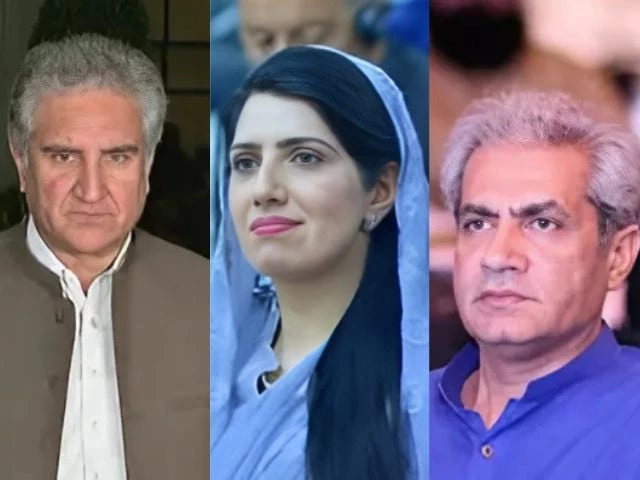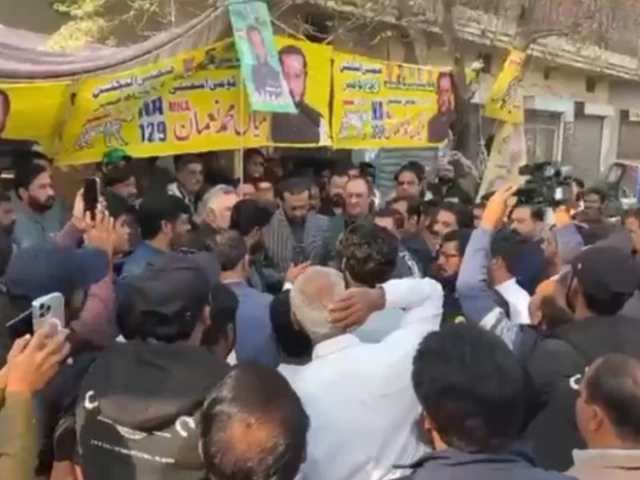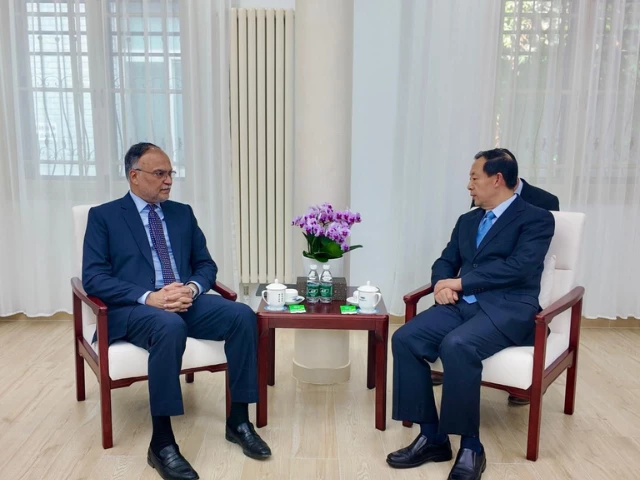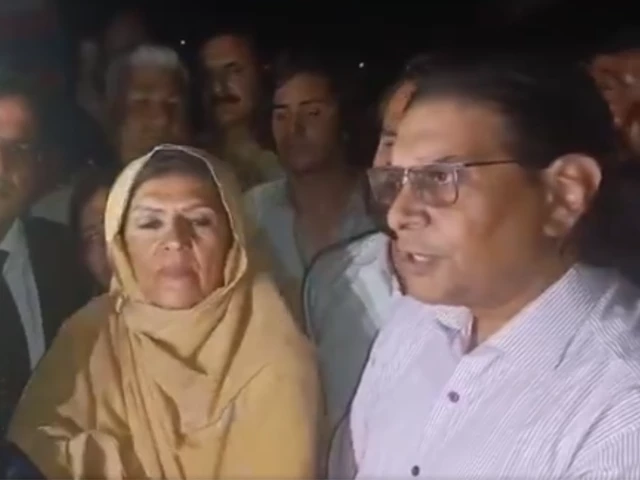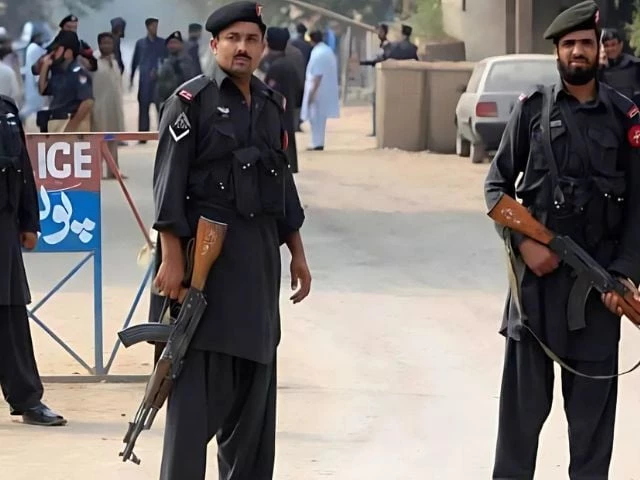Understanding the Recent Rulings in Pakistan’s Anti-Terrorism Court
In a notable development, the Anti-Terrorism Court (ATC) recently acquitted Shah Mehmood Qureshi, a key figure in Pakistan Tehreek-e-Insaf (PTI). However, this decision was overshadowed by the court’s verdict against several other PTI lawmakers, including former governor Umar Sarfraz Cheema and Dr. Yasmin Rashid. Each received a substantial ten-year prison sentence for their involvement in incidents related to the riots on May 9.
The proceedings took place in Kot Lakhpat Jail, where the court heard extensive arguments from both the defense and prosecution. Defense lawyers contended that there was a lack of concrete evidence linking their clients to the charges, arguing that the cases were politically motivated and aimed at tarnishing the reputation of these lawmakers. They emphasized that the accusations were fabricated, raising concerns about the integrity of the legal process.
On the other hand, the prosecution insisted that there was compelling evidence against the defendants. They claimed that the accused incited violence, leading to the destruction of state property and chaos in the streets. The court ultimately sided with the prosecution, resulting in significant prison sentences.
In addition to the ten-year sentences for the aforementioned lawmakers, the court also sentenced PTI’s Alia Hamza and social activist Sanam Javed to five years each. Legal counsel for the accused, Rana Mudassar Umar, mentioned that multiple cases have been tackled in recent months. For example, the arson attack involving vehicles outside Rahat Bakery had 25 identified accused, with several still at large. It appears that the legal landscape is becoming increasingly complicated for PTI, as it navigates charges that many supporters view as politically charged.
This situation has stirred various reactions across the political spectrum, highlighting deeper issues within Pakistan’s judicial and political systems. As these events unfold, staying informed and engaged is crucial, regardless of which side of the political divide you may identify with.
If you’re interested in discussing more about political dynamics and legal developments in Pakistan, consider connecting with Pro21st. Let’s explore these engaging topics together!
At Pro21st, we believe in sharing updates that matter.
Stay connected for more real conversations, fresh insights, and 21st-century perspectives.

